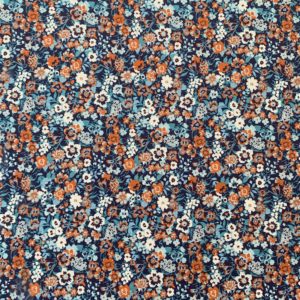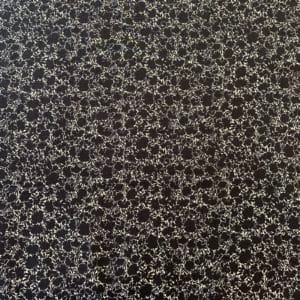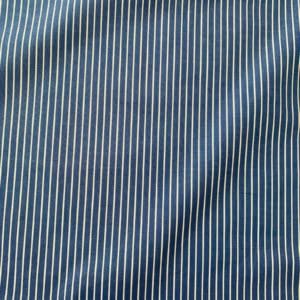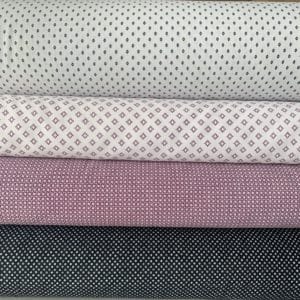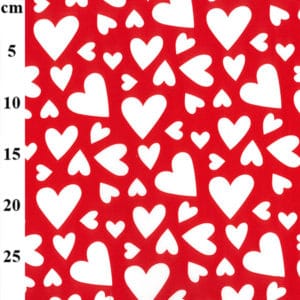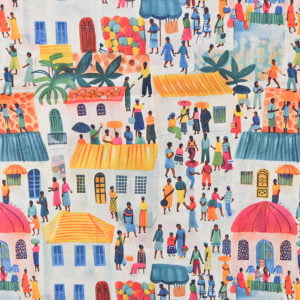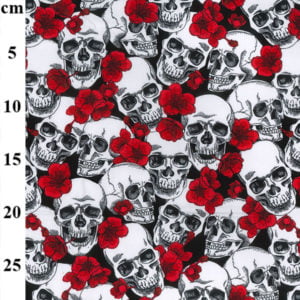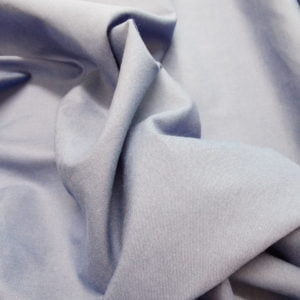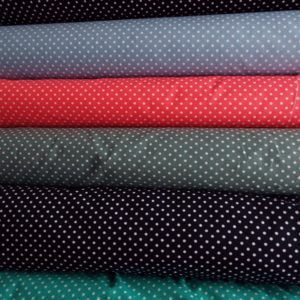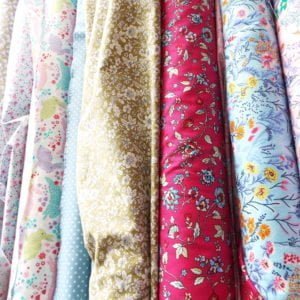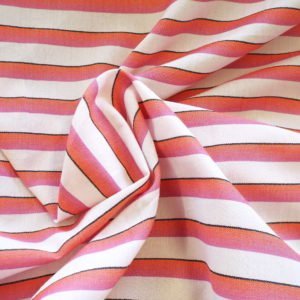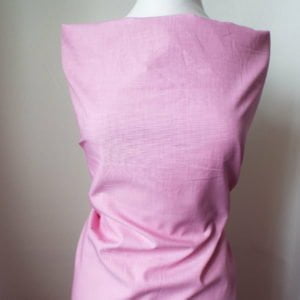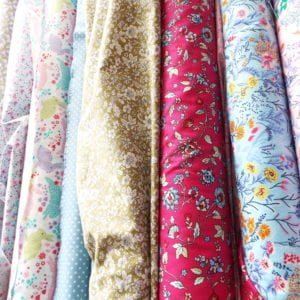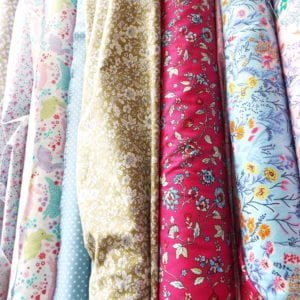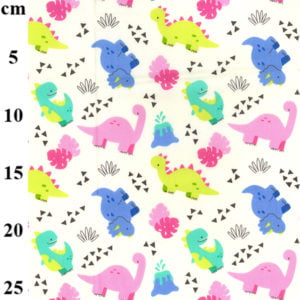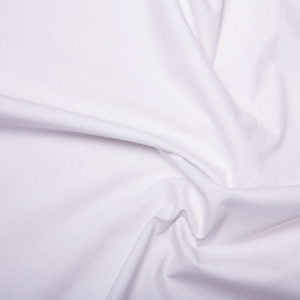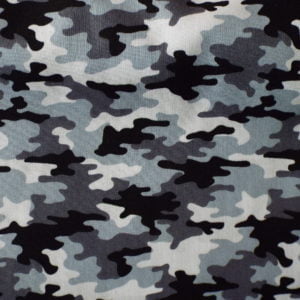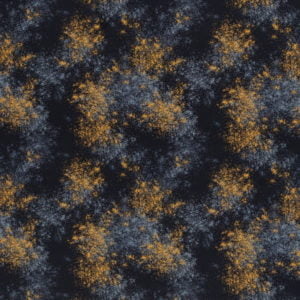✨ Cotton Poplin – Crisp, Durable & Effortlessly Polished
Our cotton poplin fabrics are smooth, structured, and perfect for garments that need a sharp, clean finish. Woven from high-quality cotton, poplin offers the ideal blend of breathability, strength, and a subtle sheen — making it a go-to choice for everything from everyday shirts to statement dresses.
💡 Great for:
-
Shirts, blouses & workwear
-
Dresses, skirts & children’s clothes
-
Lightweight jackets & uniforms
Known for its crisp hand feel and long-lasting durability, cotton poplin is easy to sew, easy to wear, and always looks put together.
📦 Sold by the metre with fast UK & ROI delivery
🛍️ Free shipping on orders over £75
WHAT'S NEW IN STORE?
Poplin Cotton
WHAT'S NEW IN STORE?
WHAT'S NEW IN STORE?
WHAT'S NEW IN STORE?
WHAT'S NEW IN STORE?
Valentines
Poplin Cotton
Halloween Fabrics
Poplin Cotton
FABRICS
CLEARANCE- Buy it Now, before it's gone!
Poplin Cotton
Novelty Cotton prints
